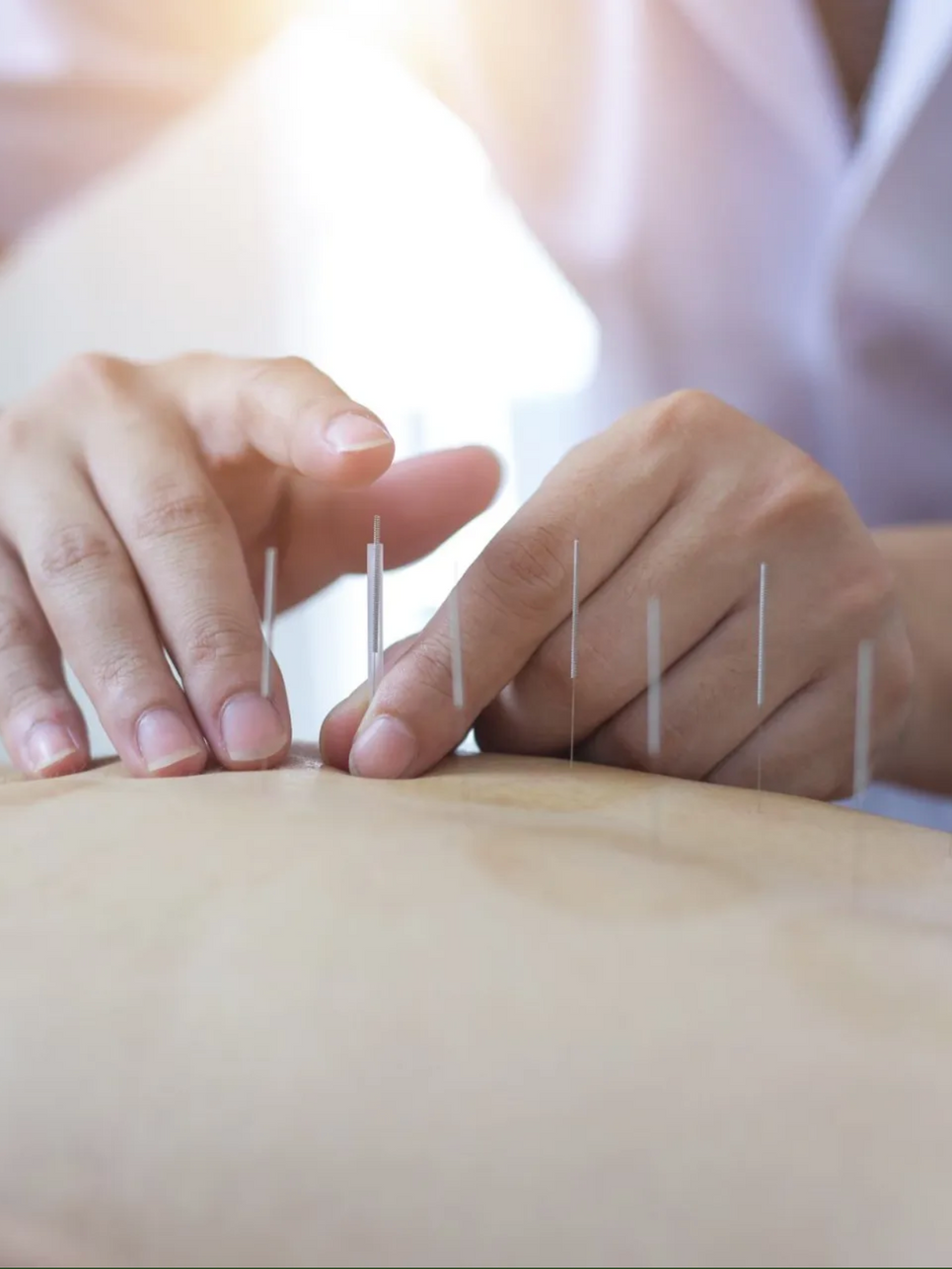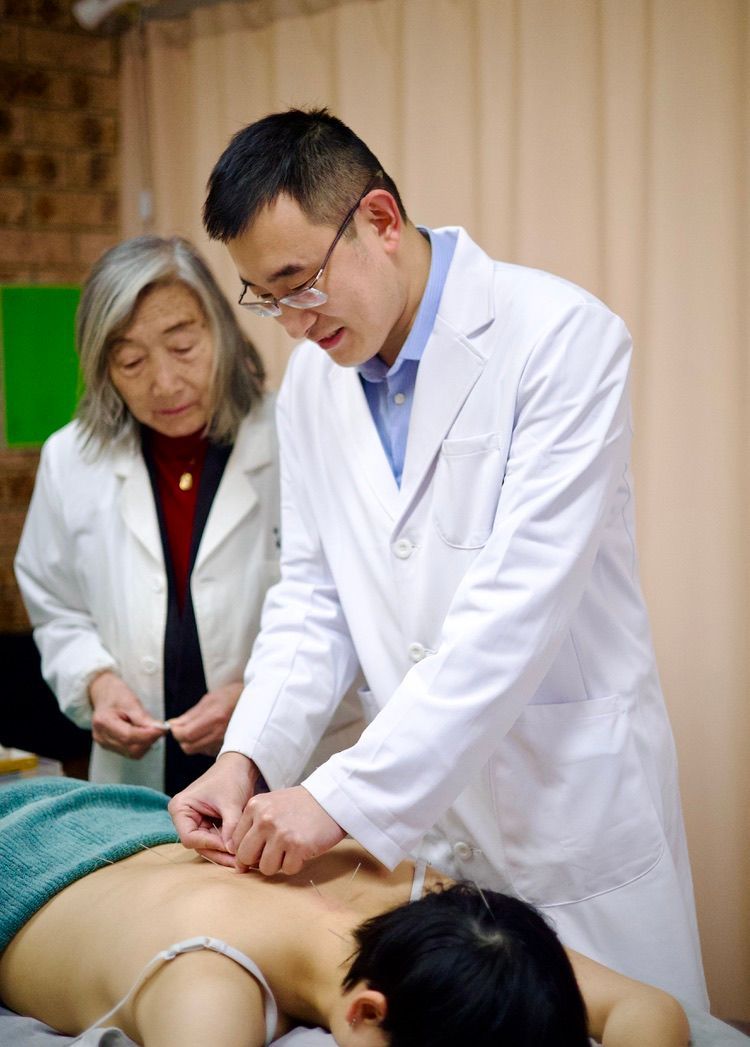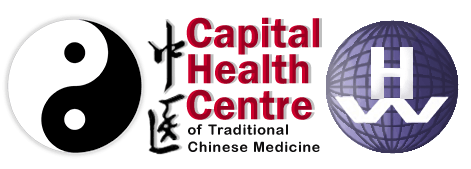Acupuncture in Canberra
What Is Acupuncture?
Acupuncture is a holistic approach to treat and prevent body imbalances. The practice has been practised in China and other Asian countries for thousands of years. It is an effective, natural and increasingly popular means of treating and preventing body imbalances through the application of needles to the body.
Safe
Effective
Alleviates Symptoms
Stimulates Energy Balance
How Does It Work?
Qi and Meridians
In Traditional Chinese Medicine (TCM), qi (pronounced "chee") is the vital life energy that flows through the body, maintaining health and balance. Meridians are energy pathways through which qi circulates. These channels connect various body parts, facilitating the harmonious flow of qi.
In theory when there is enough qi or 'life energy' flowing through the body's meridians for the body and mind to stay healthy. However, the flow of qi can be blocked by stress, overworking, unhealthy eating, illness, weather, and the environment.
If the flow of qi in a meridian becomes blocked or is in short supply, then the body fails to maintain balance and harmony and becomes sensitive to illness and disease.
It is believed that qi is made up of two contradictory energy forms called yin and yang. Illnesses and diseases are said to be the result of the imbalance of yin and yang, caused by factors acting on internal organs and manifesting at certain points in the body.
TCM adopts a holistic perspective and takes into account the impact of seasonal and weather variations on the human body. For instance, during summer, yang-qi moves to the body's exterior, causing the skin and muscles to relax. Conversely, in winter, due to the cold, yang-qi retreats to the body's interior, resulting in skin contraction and minimal perspiration.
Climate changes can be overwhelming for our bodies. It becomes difficult for us to adapt to the changes in our environment. This can result in an imbalance of yin and yang, which can subsequently lead to sickness and disease.


The Treatment
Acupuncture is a simple process that involves the insertion of extremely thin, sterile needles into acupoints located along various energy meridians and pathways.
These needles clear energy blockages and encourage a normal flow of qi through the body. To achieve the very best results, the method of treatment used and the selection of acupoints must be based on proper diagnosis and treatment principles, according to Traditional Chinese Medicine theories.
To truly make a difference, it is important to correct any imbalance between yin and yang. Specific acupoints are chosen to help reduce illness and disease.
The Many Benefits of Acupuncture
Acupuncture is one of the main therapies for treating body imbalances. According to Traditional Chinese Medicine, meridians are interconnected. They form a network that links the fingers to the brain.
Along these networks, many energy-gathering points have strong influences on the body’s responses. Acupuncture can stimulate points that affect the body's responses to ease disorders and balance energy. Chinese Medicine sees the mind, body, and emotions as interconnected. Acupuncture can enhance the physical response, which in turn improves mental and emotional well-being and adjusts energy flow.
Unlocking Wellness Through Acupuncture: Your Path to Holistic Healing
In the realm of alternative medicine, acupuncture stands out as a time-tested practice that transcends centuries.
Key Benefits:
Pain Management:
- Acupuncture is well-known for relieving different types of pain, such as chronic back pain, migraines, and arthritis.
Stress Reduction:
- This ancient therapy is a powerful stress buster. Acupuncture sessions are designed to enhance relaxation, reduce anxiety, and restore emotional well-being.
Improved Sleep Quality:
- Many individuals turn to acupuncture for relief from insomnia. The practice is known to regulate sleep patterns and promote more restful nights.
Immune System Support:
- Acupuncture boosts the immune system, making it stronger against sickness and improving overall health.
Digestive Harmony:
- Digestive issues can find resolution through acupuncture. The practice aims to create harmony within the digestive system, providing relief from conditions like indigestion and irritable bowel syndrome (IBS).
Visit Capital Chinese Medicine to experience the amazing benefits of acupuncture, cupping therapy, remedial massage, herbal medicine, and more. Your well-being is at the heart of our practice—where ancient traditions seamlessly merge with contemporary healing. Our health practitioners have over 20 years of experience.
Schedule your appointment today at Capital Chinese Medicine. Experience the synergy of ancient wisdom and modern wellness.
Frequently Asked Questions
Acupuncture Pricing
Acupuncture Standard Service (30min)
$80 Initial Consultation(30 min)
$65 per 30 min thereafter + any other accompanying services
Electrical Acupuncture Services
$85 / Session
Extended Acupuncture Services
$120 / Session
Comprehensive Acupuncture Services
$170 / Session
Auricular Therapy (Ear acupuncture therapy)
$60 / Session

